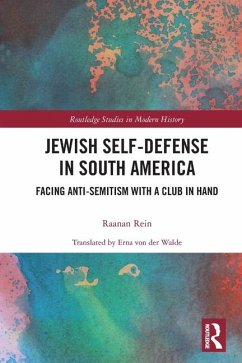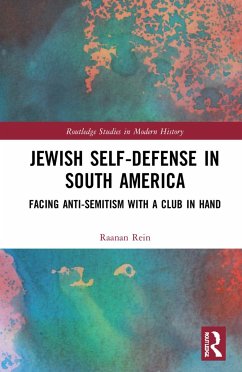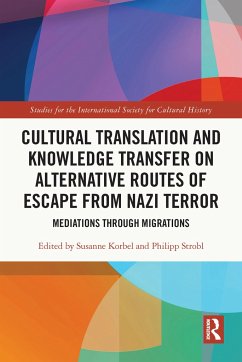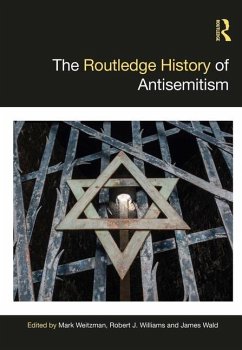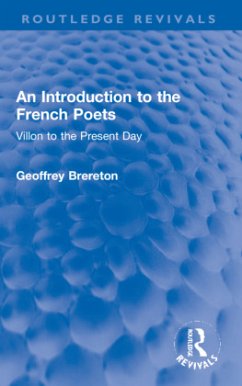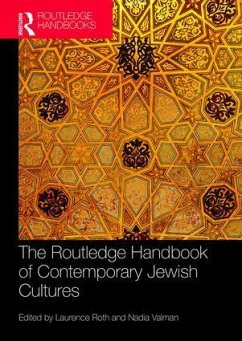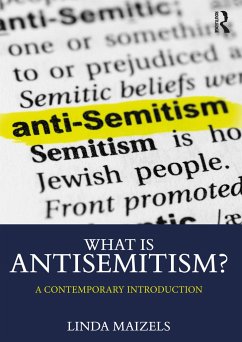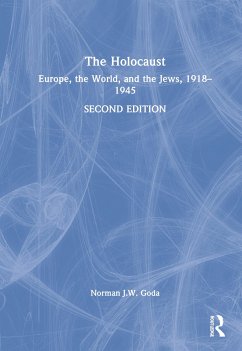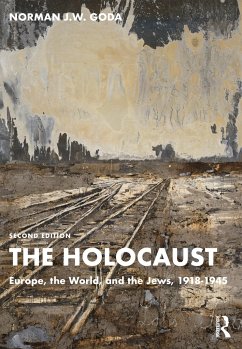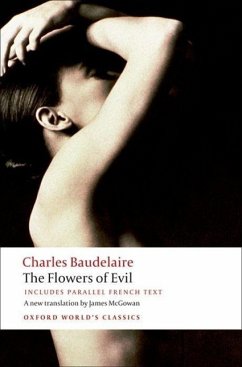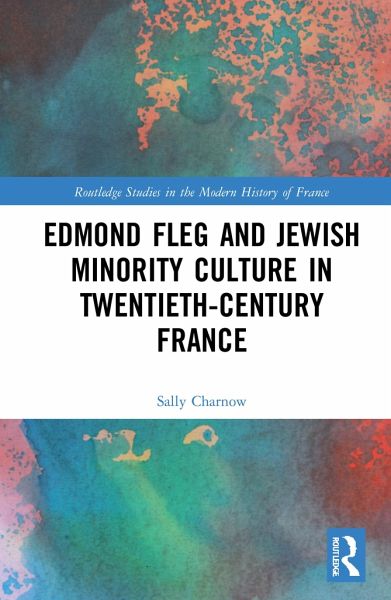
Edmond Fleg and Jewish Minority Culture in Twentieth-Century France
Versandkostenfrei!
Versandfertig in 6-10 Tagen
43,99 €
inkl. MwSt.
Weitere Ausgaben:

PAYBACK Punkte
22 °P sammeln!
Edmond Fleg and Jewish Minority Culture in Twentieth-Century France, the first critical biography of the leading French writer Edmond Fleg (1874-1963), explores his role in forging a modern French Jewish identity before and after the Second World War.Through his writings - plays, novels, poems, and essays based on Jewish and Christian texts - Fleg fashioned a minority identity within the context of French Third Republic universalism. At the heart of his work we find a radical ecumenism, a rejection of exclusive and homogenous nationalism, and a deep understanding of the necessity of supporting...
Edmond Fleg and Jewish Minority Culture in Twentieth-Century France, the first critical biography of the leading French writer Edmond Fleg (1874-1963), explores his role in forging a modern French Jewish identity before and after the Second World War.
Through his writings - plays, novels, poems, and essays based on Jewish and Christian texts - Fleg fashioned a minority identity within the context of French Third Republic universalism. At the heart of his work we find a radical ecumenism, a rejection of exclusive and homogenous nationalism, and a deep understanding of the necessity of supporting vibrant minority subcultures within the context of a liberal democratic republic. This account is both individual and social, pointing to the ways in which Fleg acted within the possibilities and constraints of his milieu and used his writing to engage with and shape the discursive fabric of twentieth-century French culture.
This book appeals to a number of scholarly audiences, including historians and literary critics who work on modern France and Jewish and religious studies and those who focus on issues of identity and difference, as well as a more general audience interested in Modern France and/or modern Jewish history.
Through his writings - plays, novels, poems, and essays based on Jewish and Christian texts - Fleg fashioned a minority identity within the context of French Third Republic universalism. At the heart of his work we find a radical ecumenism, a rejection of exclusive and homogenous nationalism, and a deep understanding of the necessity of supporting vibrant minority subcultures within the context of a liberal democratic republic. This account is both individual and social, pointing to the ways in which Fleg acted within the possibilities and constraints of his milieu and used his writing to engage with and shape the discursive fabric of twentieth-century French culture.
This book appeals to a number of scholarly audiences, including historians and literary critics who work on modern France and Jewish and religious studies and those who focus on issues of identity and difference, as well as a more general audience interested in Modern France and/or modern Jewish history.





